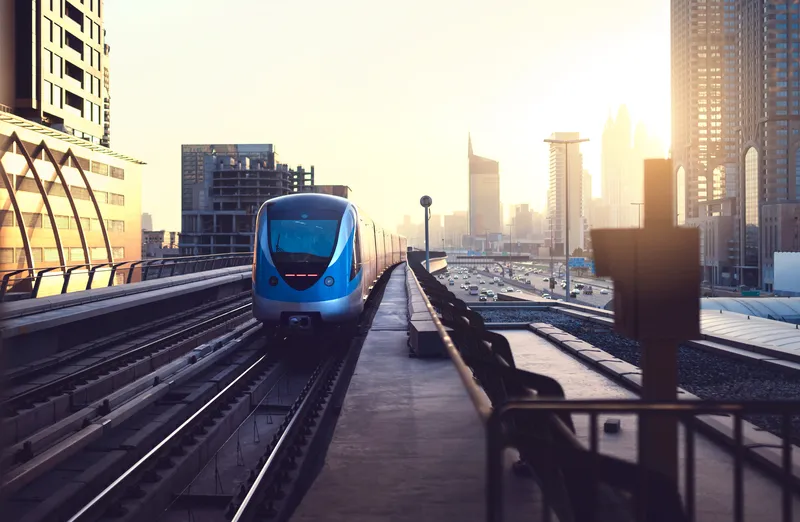New digital rail technology will be utilised with the intention of allowing trains to run closer together and provide more frequent services. In addition, passengers are expected to be provided with improved mobile and WiFi connectivity.
Train drivers will receive real-time information about the network and the location of other trains. For service disruptions, the digital railway will advise signallers of the best option to get services back to normal.
This project stems from an agreement between transport minister Chris Grayling and Network Rail chief Mark Carne.
Digital railway technology will use the near £48bn investment being invested in the UK’s railway network from 2019 to 2024. The Government has also secured £450m specifically for digital railway schemes.
The technology will be operational on the Thameslink service in central London from next year with an estimated 24 trains passing through every hour. The Digital Railway Strategy is being launched in York, on the Transpennine route.
Richard Robinson, chief executive, civil Infrastructure, Europe, Middle East, India & Africa, AECOM has expressed support for the project. He says: “After years of industry wrestling with the productivity gap, the time has come to fully embrace digital innovation and take the necessary step forwards to accelerate delivery.”
Robinson adds that major enhancement investment in the railway is needed for the transformation to be realised. The company anticipates hearing the outcome of how the announcement aligns with the Department for Transport’s ambitions for increased third party investment and how it could compliment projects such as the AESCOM backed Heathrow Southern Rail proposal.
“We hope to continue working with Network Rail to support them in achieving their Digital Railway goals,” Robinson concluded.
Network Rail launches digital strategy to improve travel experience
Network Rail will carry out a digital railway strategy to help ensure that all new UK trains and signalling are digital or digital ready from 2019. The upgrade is aimed at improving the speed, punctuality and safety of the service. New digital rail technology will be utilised with the intention of allowing trains to run closer together and provide more frequent services. In addition, passengers are expected to be provided with improved mobile and WiFi connectivity. Train drivers will receive real-time
May 14, 2018
Read time: 2 mins








